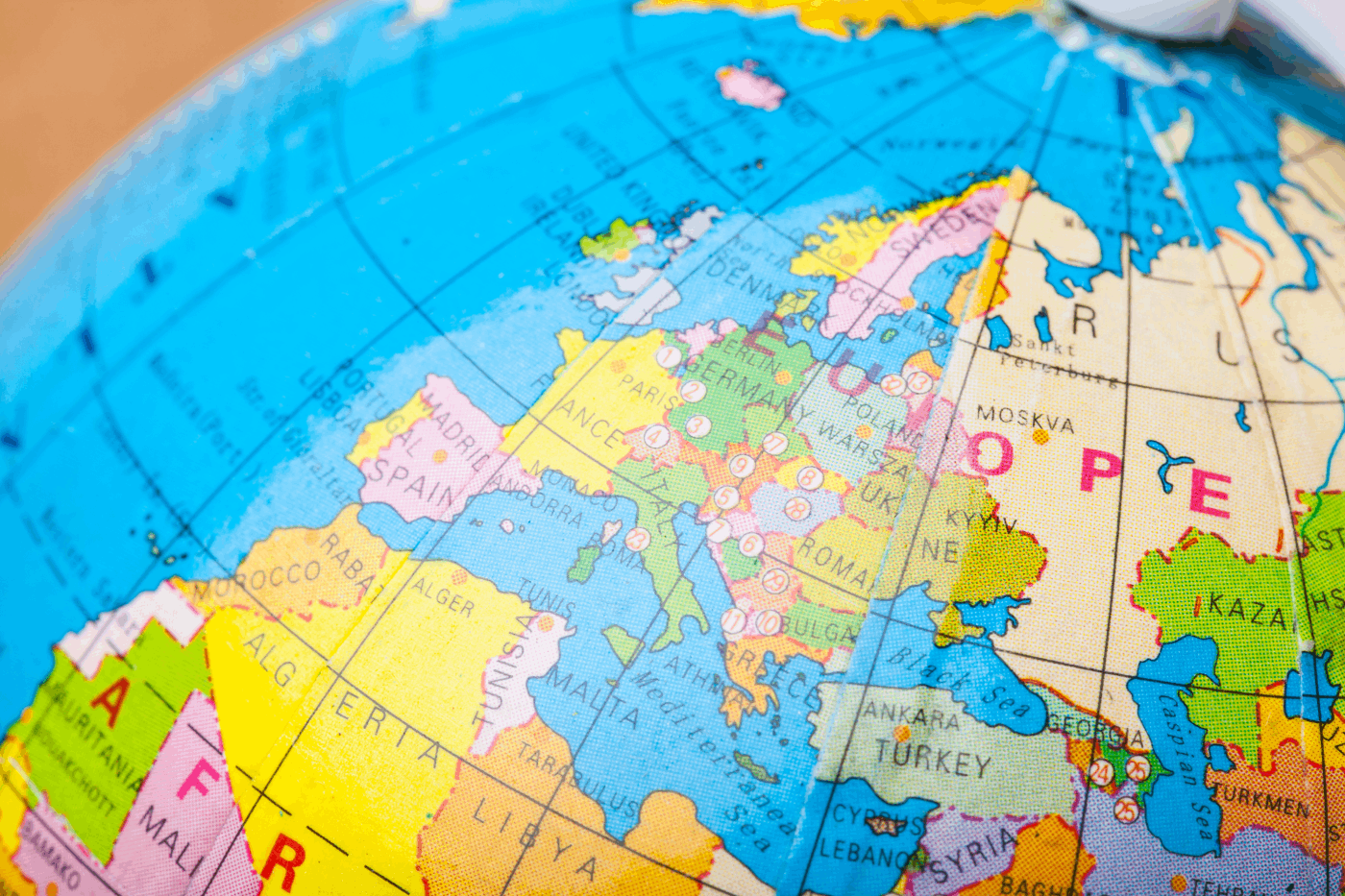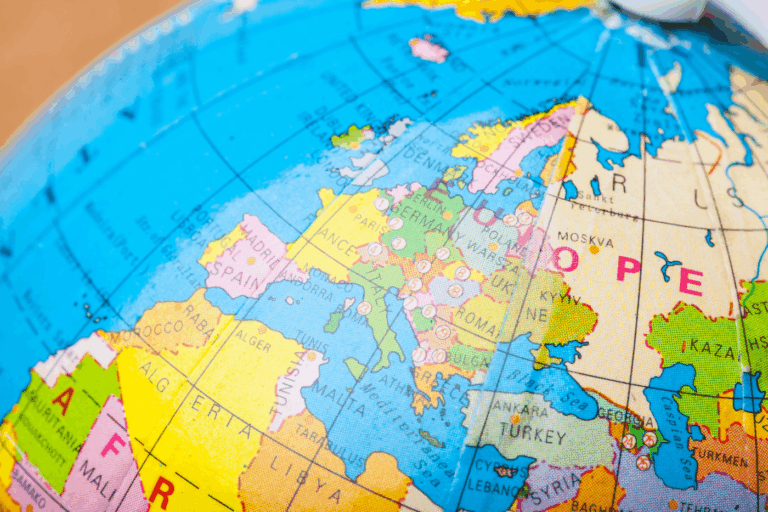
Microsoft has unveiled a new digital roadmap for Europe, pledging to expand data infrastructure, reinforce protections, and strengthen cybersecurity as the region faces growing regulatory demands and geopolitical uncertainty.
Acknowledging Europe’s strategic importance, Microsoft President and Vice Chair Brad Smith emphasized in an April 30 blog post that the company’s economic ties to the continent “(have) always run deep.” He outlined five new digital commitments aimed at empowering every European country to harness Microsoft’s technologies in ways that bolster economic competitiveness and digital resilience.
One of the key pledges is a commitment to support Europe’s digital stability “regardless of geopolitical and trade volatility.” The company also reiterated its alignment with European laws and values, particularly on issues of data privacy, AI development, and cloud sovereignty.
Highlights of Microsoft’s five commitments to Europe
1. Expanded infrastructure
Microsoft said it plans to increase its European data center capacity by 40% over the next two years; operations will expand across 16 European countries. This expansion is expected to more than double Microsoft’s regional capacity between 2023 and 2027, resulting in more than 200 data centers across Europe.
2. Uphold Europe’s digital resilience even during geopolitical volatility
Microsoft reaffirmed its commitment to helping Europe strengthen its digital resilience to manage risk more effectively. “We will always strive to be a voice of reason that promotes mutual opportunities and stable ties across the Atlantic,’’ Smith wrote.
3. Continue protecting the privacy of European data
Customers retain control over where their data is stored and processed, how it is encrypted and secured, and when Microsoft can access it across the entire cloud stack from infrastructure to platform to software as a service. Microsoft’s technical offerings are backed “(by) strong contractual commitments and … a demonstrated history of going to court on behalf of our customers,’’ Smith wrote.
4. Help protect and defend Europe’s cybersecurity
After the war in Ukraine began, Smith noted that Microsoft helped evacuate the country’s data and tech services to data centers across Europe to ensure continuity of digital operations. Microsoft has also provided more than $500 million of free technology and financial aid to Ukraine, according to Smith.
Cybersecurity support has continued uninterrupted for NATO, Ukraine, and other European governments, he added. Additionally, Microsoft plans to appoint a new deputy CISO for Europe as part of the Microsoft Cybersecurity Governance Council.
5. Help strengthen Europe’s economic competitiveness
To ensure open access to its AI and cloud platform and infrastructure across Europe is important, and Microsoft will roll out new enhancements to its AI Access Principles, introduced in 2024, Smith said. The company currently hosts more than 1,800 AI models, many of which are open source and from European-based AI developers, he said.
Signals Microsoft’s long-term partnership in Europe’s transformation
These pledges arrive as the European Union contributes to enforce stricter standards for digital operations through regulations like the Digital Markets Act. Microsoft’s move positions the company not only as a service provider but also as a long-term partner in Europe’s digital and economic transformation.

